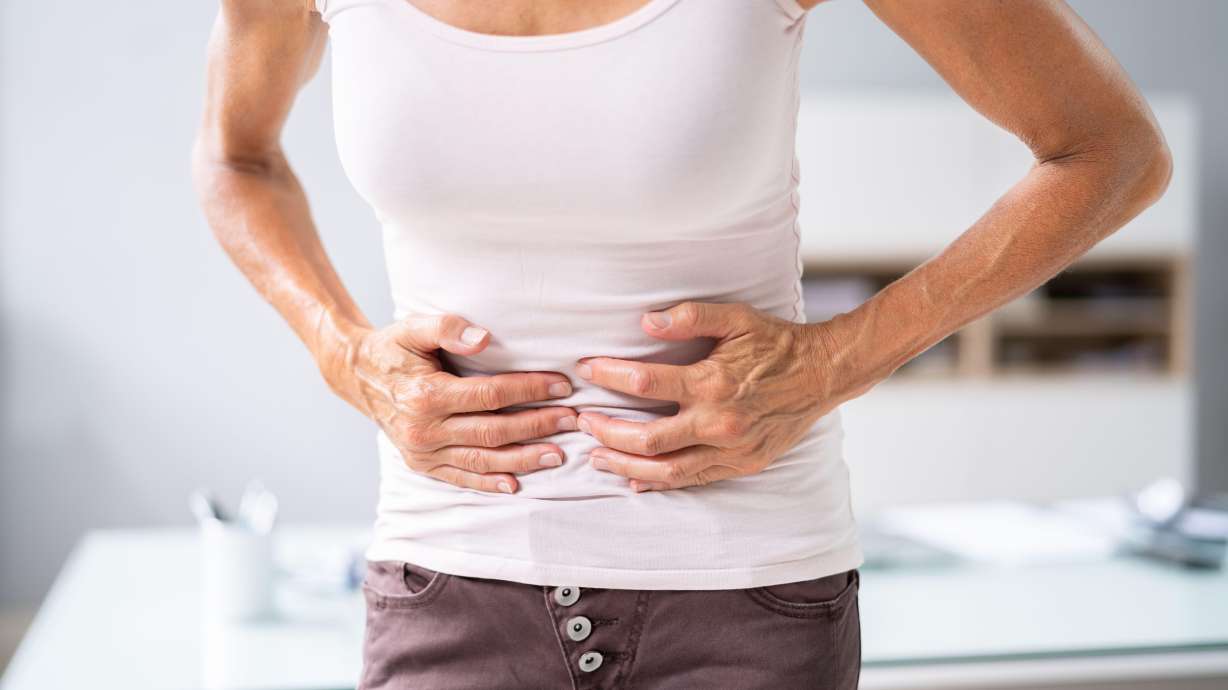Estimated read time: 1-2 minutes
This archived news story is available only for your personal, non-commercial use. Information in the story may be outdated or superseded by additional information. Reading or replaying the story in its archived form does not constitute a republication of the story.
SALT LAKE CITY — The screening age of 45 might have you thinking colon cancer is only a problem for middle-aged and older adults. But recent studies say it's on the rise in young people.
Colon cancer, also known as colorectal cancer, is the third-leading cause of cancer deaths for men and women in the U.S, according to the American Cancer Society. It is expected to cause 52,550 deaths this year.
A study published in the Journal of the National Cancer Institute shows that people born in 1990, now around age 33, are twice as likely to get colon cancer as those born in 1950. Some patients as young as 18 years old have been diagnosed with the illness, according to a Yale Medicine article.
Rates have been rising in people younger than 50 by 1% to 2% per year since the mid-1990s, the American Cancer Society said. The trend is what led the U.S. Preventive Services Task Force to lower the recommended screening age from 50 to 45 in 2021.
Signs of having colon cancer include "persistent changes in bowel habits … rectal bleeding or blood in your stool, persistent abdominal discomfort, such as cramps, gas or pain, a feeling that your bowel doesn't empty completely, weakness or fatigue, (and) unexplained weight loss," according to Mayo Clinic.
Although doctors aren't sure what exactly causes colon cancer, risk factors include inflammatory intestinal diseases like Crohn's, family history of colon cancer, a low-fiber and high-fat diet, physical inactivity, diabetes and obesity.
Experts say you can reduce your risk of getting colon cancer by maintaining a healthy lifestyle that includes eating lots of fruits and vegetables, not smoking, drinking alcohol in moderation at most, exercising at least 30 minutes most days and maintaining a healthy weight.








